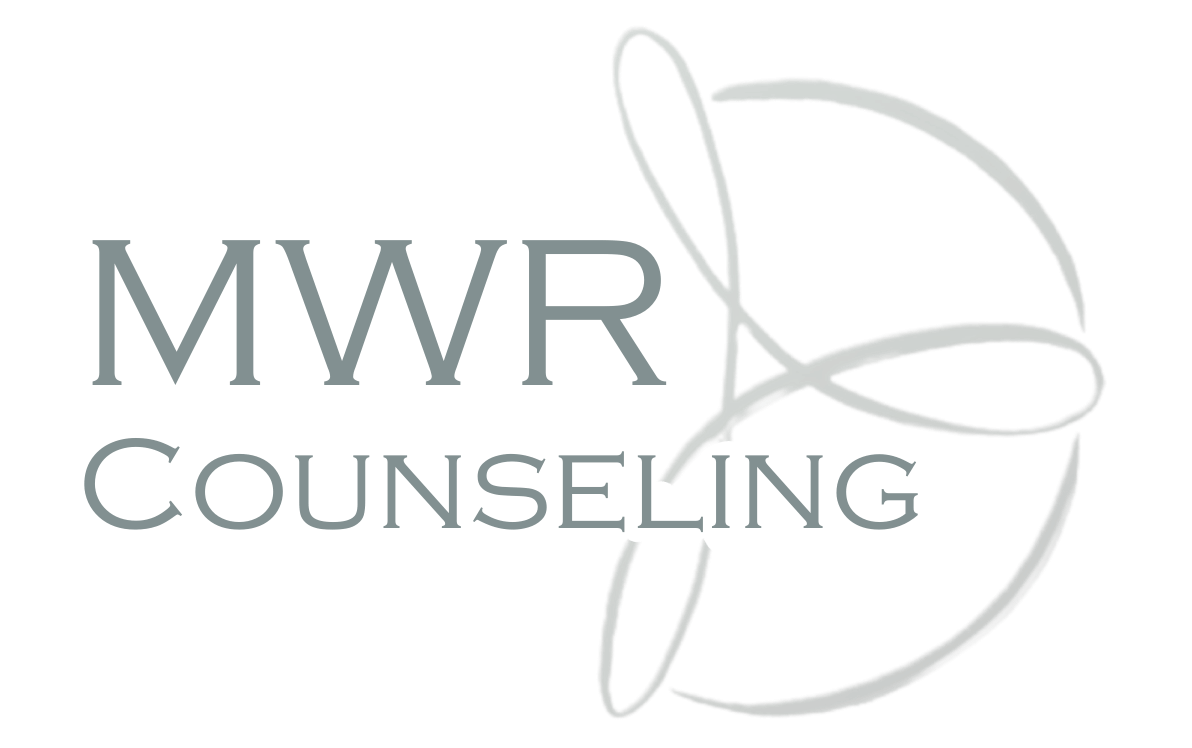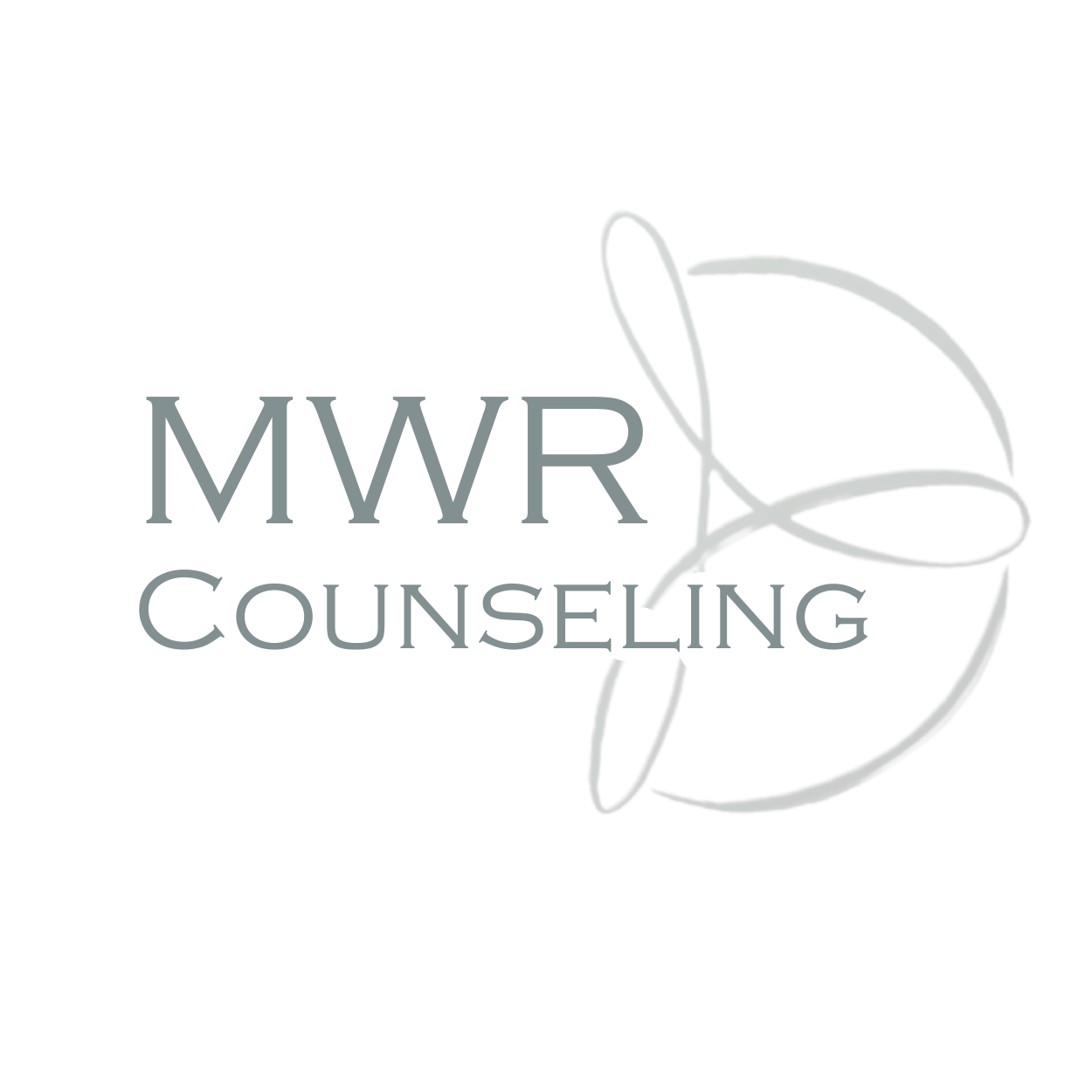Coping During Coronavirus: Tips for Mental Wellness

COVID-19 and its impact on our lives is on all of our minds. At MWR Counseling, we have gotten a lot of questions about how to manage stress and anxiety during this incredibly difficult time. It is crucial to maintain good physical hygiene habits and comply with the CDC’s guidelines for physical wellbeing. However, all of this can take a big toll mentally and emotionally and it is equally important to care for this aspect of our health too! Here are some ways in which you can work to meet your mental and emotional needs during this time.
Stay Connected
Any extended time inside or isolated from the people you care about and are used to seeing on a regular basis can feel lonely for anyone. Use your supports as much as you can to maintain a feeling of connection.
- Call a friend or family member. Virtual communication can help you feel connected and keep a sense of community even if you are not face to face. Although texting is wonderful, hearing another person’s voice can help you feel less alone.
- Play a game via Skype. Many games can be played virtually with a little creativity!
- Watch something over FaceTime. Start the movie or television show at the same time and enjoy! Some websites also allow people to watch movies at the same time from different locations!
Make Intentional Media Choices
The sheer amount of news we are being exposed to can be…overwhelming. It may make things seem insurmountable and bleek.
- Find a news source that you can rely on in order to help limit the amount of information you are consuming. National news can keep you informed, but it may not be relevant to local actions. Local sources can help you maintain awareness of actions that you need to take in order to keep yourself and the people around you well.
- Set healthy boundaries. Choose a time or amount of news you take in. Pick a number of times per day that you will check your trusted source of news. Constantly updating social media or watching news around the clock can have a negative impact on mental health by causing unnecessary fear or exacerbating patterns of worry or rumination. There is such a thing as information overload!

Practice Self Care
The current recommendations are to limit contact with other people as much as possible, which means we have to get a little more creative with the stress management strategies we employ!
- Go for a walk in nature. Walking in nature can be a great way to get outside and be active. It also allows you to get out of the house without coming into contact with a large number of people!
- Practice mindfulness using YouTube. There are countless videos you can use to de-stress. From yoga to Progressive Muscle Relaxation (PMR), or just calming music, the choice is yours!!
- Follow a cooking video. With restaurants closing, now is a great time to try out a recipe with what you have in your pantry. YouTube has a variety of videos that address every level of experience, from beginners to experts.
- Watch an exercise video at home. Staying active can be hard but is great at reducing stress! Search for an exercise video that you can follow to get exercise without leaving your living room.

Check In With Yourself
As much is still uncertain about COVID-19, stress and anxiety are common responses to what can feel like an ever-changing situation. It can be helpful to focus on what you can control, rather than what is unknown or outside of your own control. You might wish to:
- Check out CDC guidelines for recommendations on how to stay healthy and prevent the spread of infection. Implement their recommendations in your home or workplace.
- Identify, label and validate your feelings. There is a lot of fear and uncertainty right now, and it is normal to experience those feelings…even though they are uncomfortable to sit with.
- Consult your doctor or other healthcare professionals virtually if you are experiencing symptoms. Your healthcare providers will have the best recommendations on next steps.

Stress and anxiety are normal responses to uncertainty. Consider using some of these ideas to maintain mental and physical wellness during this difficult time. Please feel to add other steps you’re taking in the comments!




